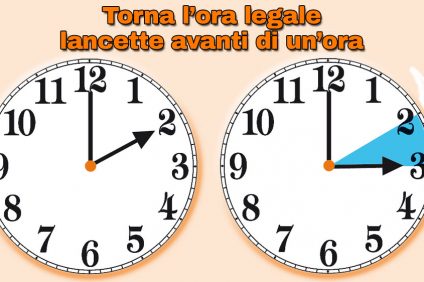The referendum on the Constitution that divides Italy
On 4 December 2016 the referendum will be voted to confirm or not the changes to the Italian Constitution. The debate that has arisen around this issue has divided the country in half. On the one hand, there are supporters of the changes. On the other hand, there are those who believe that these changes are unacceptable. A confrontation on issues of constitutional reform is normal in a democratic country, but the dimensions assumed by this confrontation are unusual.
Those of yes
The front argues that the time has come to change the Constitution to make it more modern and more suitable for a globalized world. One of the most important reforms concerns the overcoming of the so-called perfect bicameralism through a change in the organization and functions of the Senate. The senators will no longer be elected directly by the voters, but by the regional councils. This body will be composed mainly of municipal councilors and mayors. It will also be able to intervene on the approval of some laws, but in a reduced way compared to now. For the government, this will mean less bureaucracy and lower costs. The presence of representatives of the territory (municipalities, provinces and regions) in the Senate has the purpose of compensating for the effects of the reduction of federalism. One of the articles that will change will in fact allow the government to centralize the power that was previously given to the regions in various issues. These are infrastructure, transport, health, education and in general everything related to public service. The announced aim is once again the reduction of bureaucracy together with fairer public services in the various regions.
Those of the no
The no front argues in the first place that a constitutional reform should unite the country and not divide it. In short, citizens' consent to reforms should be much broader than the current one. The risk is to create a climate of tension. Many constitutionalists also adhere to the front of the no. According to these experts, many rules are contradictory and incomprehensibly written. The prediction in the event of a favorable outcome to the referendum is that the bureaucracy will inevitably be increased. The planned reduction in parliamentarians and the cost of politics is seen as a simple demagogic move. The real objective of the reform of the Constitution, applied to the electoral system called “Italicum”, would be to give more powers to the Prime Minister. This could lead the country to an authoritarian drift.
The referendum, the Constitution and the importance of understanding
Each voter is called to inquire about the referendum matter in order to then be able to decide in which direction to vote. Of course, reading some of the modified articles one wonders what language they are written in. It would not be bad if such important laws were understandable to everyone and not just to bureaucrats, since these same laws would like to reduce bureaucracy. Whether yes or no wins, the hope is that all Italians will participate in this referendum. Only in this way can the Constitution truly belong to the citizens.
To find out more, read the amendments to the Constitution





